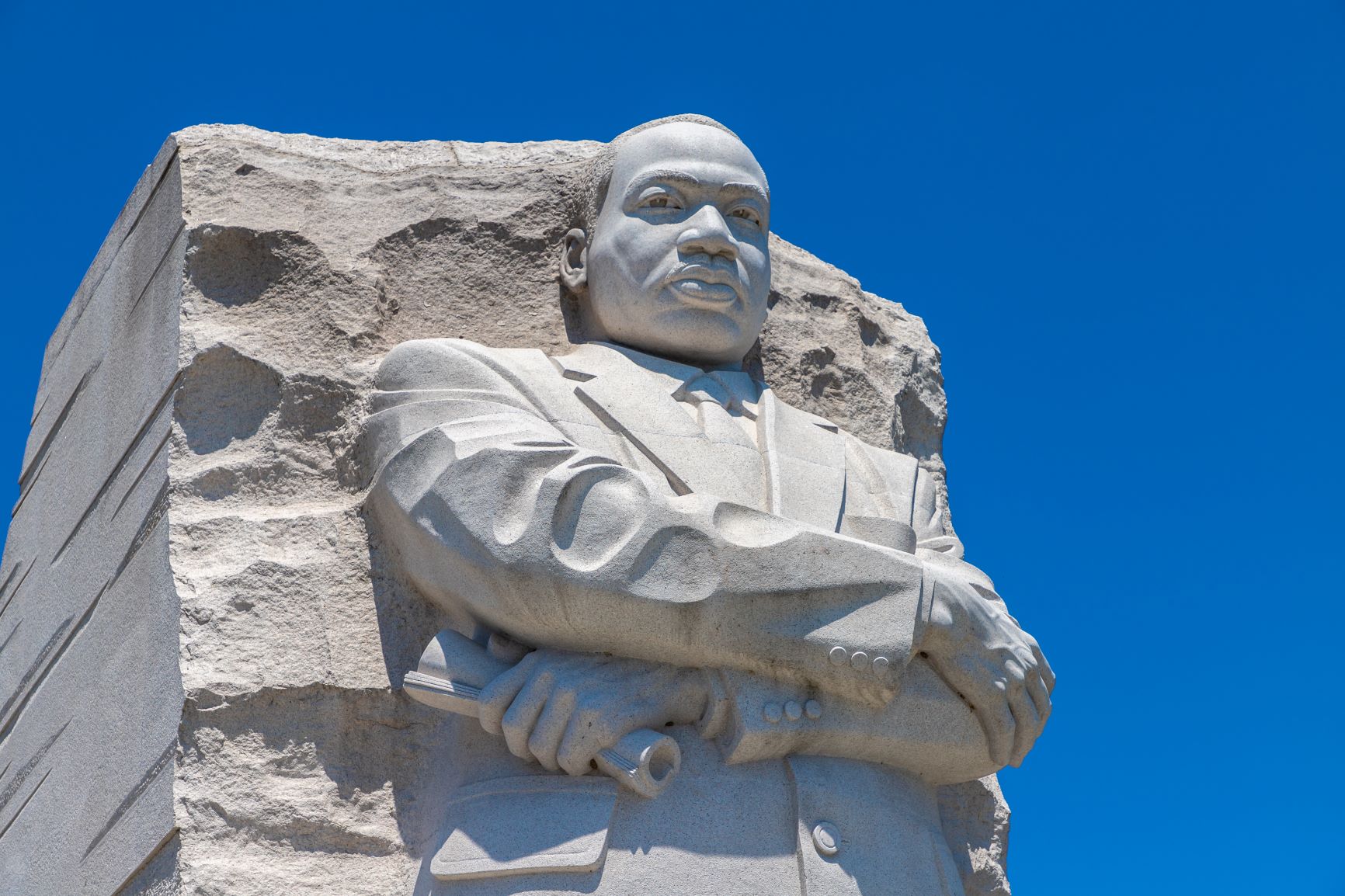Celebrating Dr. Martin Luther King: a Pioneer for Climate Justice
Celebrating Dr. Martin Luther King: a Pioneer for Climate Justice
We celebrate Dr. King as a pioneer and advocate for climate justice. This article reflects on the parallels between civil rights and environmental justice movements.
Dr. Martin Luther King Jr.’s birthday is January 15th. In 1983, the US Congress made the celebration of his birthday a federal holiday. However, the holiday effectively occurs every year on the third Monday in January.
What is Climate Justice?
The United Nations (UN) included Climate justice as one of the global goals for sustainable development. Climate justice is also a movement that promotes recognition that climate warming has adverse impacts that are not felt equally among people. Advocates for climate justice acknowledge the differences in health, economic, and social risks impacting disproportionately historically marginalized or underserved communities.
Discussing climate justice, UN Secretary-General António Guterres said: “Climate change is happening now and to all of us. No country or community is immune. And, as is always the case, the poor and vulnerable are the first to suffer and the worst hit.”
Is there a connection between racism and climate change?
Gregory Jenkins from Penn State told the Washington Post that there is an inexorable link between racism and climate change. It dictates who benefits from activities that produce planet-warming gases and who suffer most from the consequences.
For example, the national academy of science reports that Blacks and Hispanics on average bear a “pollution burden” of 56% and 63% excess, respectively, relative to the exposure caused by their consumption. The total disparity is driven by how much people consume by how much pollution they breathe.
Dr. Martin Luther King: a pioneer for sustainability & equality
Dr. King once said that “injustice anywhere is a threat to justice everywhere,” and he lived and led by that idea. The assassination of Dr. King occurred on April 4th, 1968. He was in Memphis protesting with African-American sanitation workers.
Dr. King recognized that environmental justice was a component of achieving social justice. – including healthier living environments for underprivileged communities and universal access to clean air, water, and soil. Dr. King said that segregation is harmful to everyone involved. Pollution studies prove he’s right.
The words of Dr. King’s last Christmas sermon in 1967 resonate as an advocate and pioneer of climate justice:
“It really boils down to this: that all life is interrelated. We are all caught in an inescapable network of mutuality, tied into a single garment of destiny. Whatever affects one directly affects all indirectly. … We aren’t going to have peace on Earth until we recognize this basic fact of the interrelated structure of all reality.”
Modern Climate Justice
The environmental justice movement has certainly taken inspiration from the civil rights movement. While there is progress, there are also lingering issues.
Even today, predominantly-black, Hispanic, and underserved communities often experience higher levels of pollution. Ironically, scientists say that this disparity ends up bleeding over into white and wealthier populations.
Similarly, global warming, the gradual heating of the Earth due to greenhouse gasses, affects everyone, but disenfranchised groups are at greater risk.
Today’s battle is a battle of sustainable energy and optimizing energy consumption. It’s about recognizing the most vulnerable to climate change and actively addressing systemic issues.
It’s a time for inclusive climate action. Since everybody is affected, nobody can be left out.
How can the Energy Transition build climate justice?
The biggest challenge for the energy transition is providing affordable energy abundance while reducing carbon emissions.
The energy transition addresses a critical climate change risk by reducing carbon and greenhouse gas house emissions. However, the climate crisis also has a human rights lens. It needs to recognize those at more significant risks and build inclusive solutions with no one left behind.
In other words, the energy transition can’t create climate justice without including, mobilizing, and providing tools to act to those most affected by climate change.
Celebrating MLK day taking climate action
Martin Luther King Day is when we celebrate one of our nation’s greatest heroes. Dr. King was a preacher, a scholar, and, perhaps most importantly, a believer and champion that dedicated his life to working for the greater good.
However, King was not only an advocate of racial justice but also of climate justice. His values and message ring true even today: If we want to fight for justice, we have to come together.
To achieve a sustainable future for this generation and future ones, we all need to learn to use energy emitting fewer carbon emissions.
At Quantum New Energy, we celebrate Dr. King by working to eliminate the gap by developing inclusive carbon reduction solutions. We empower everyone within communities, making daily life smart energy choices that lower cost and reduce carbon emissions. The small steps we all take add up. Together, we can make climate action a collaborative practice.
For more information about our carbon reduction services, pls contact us.

